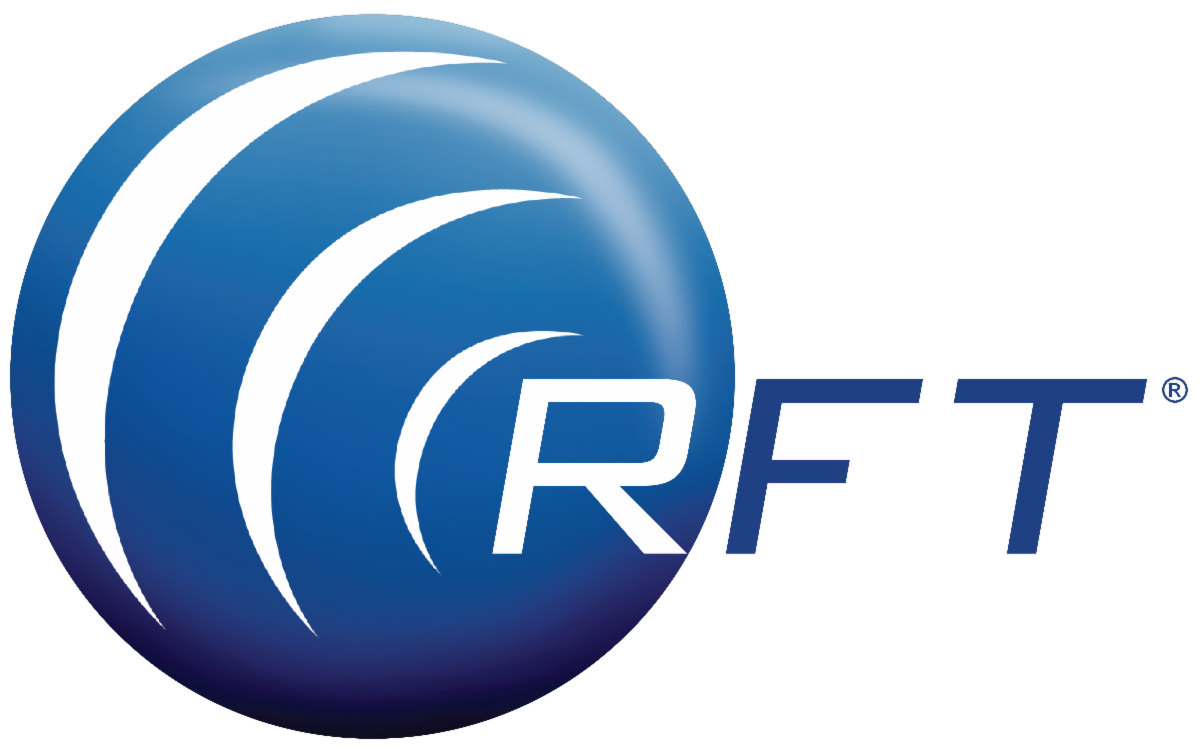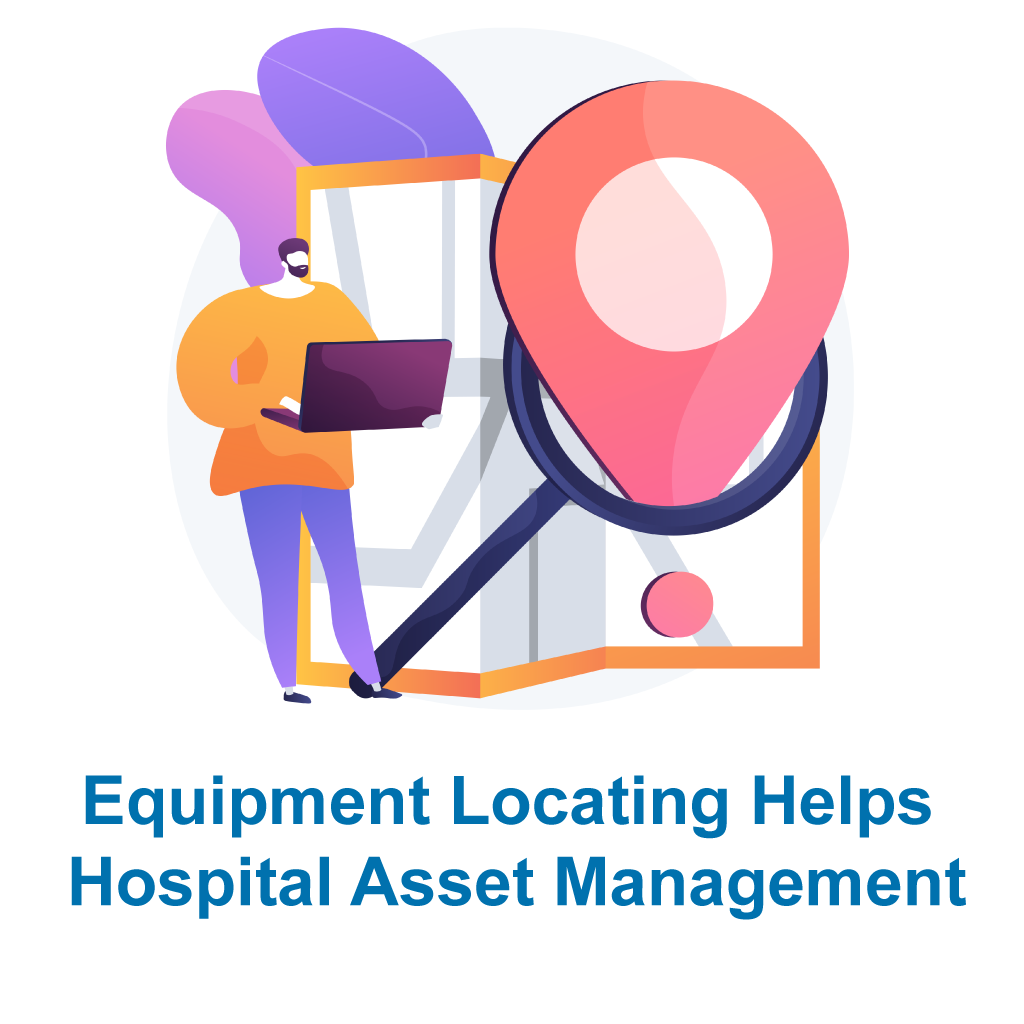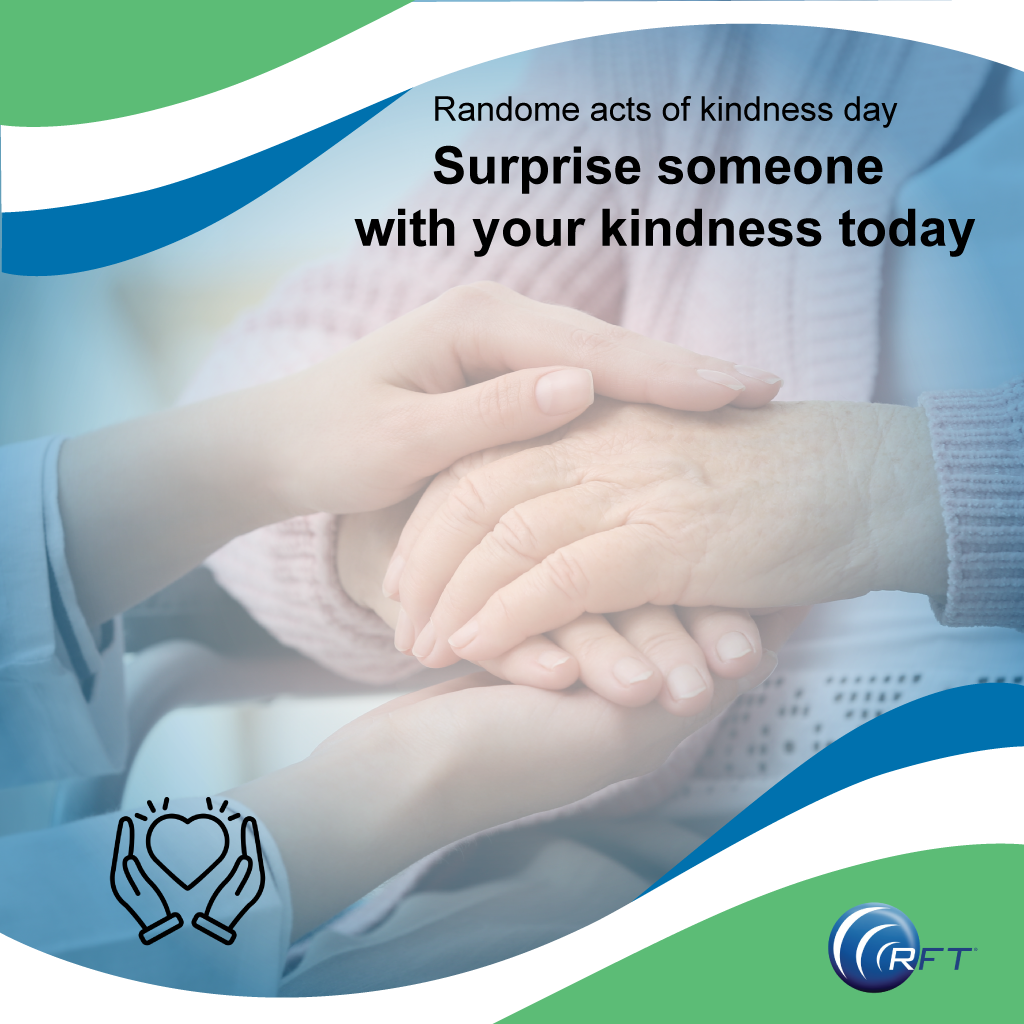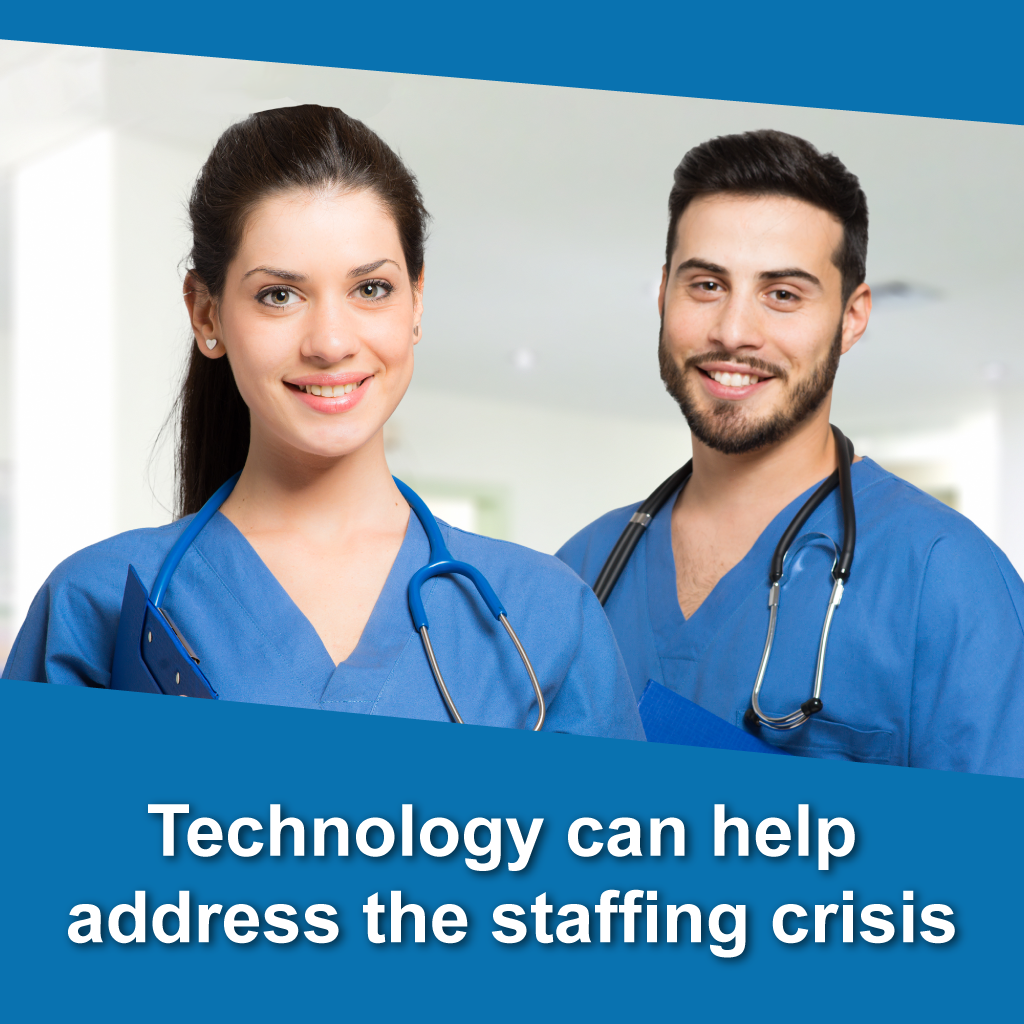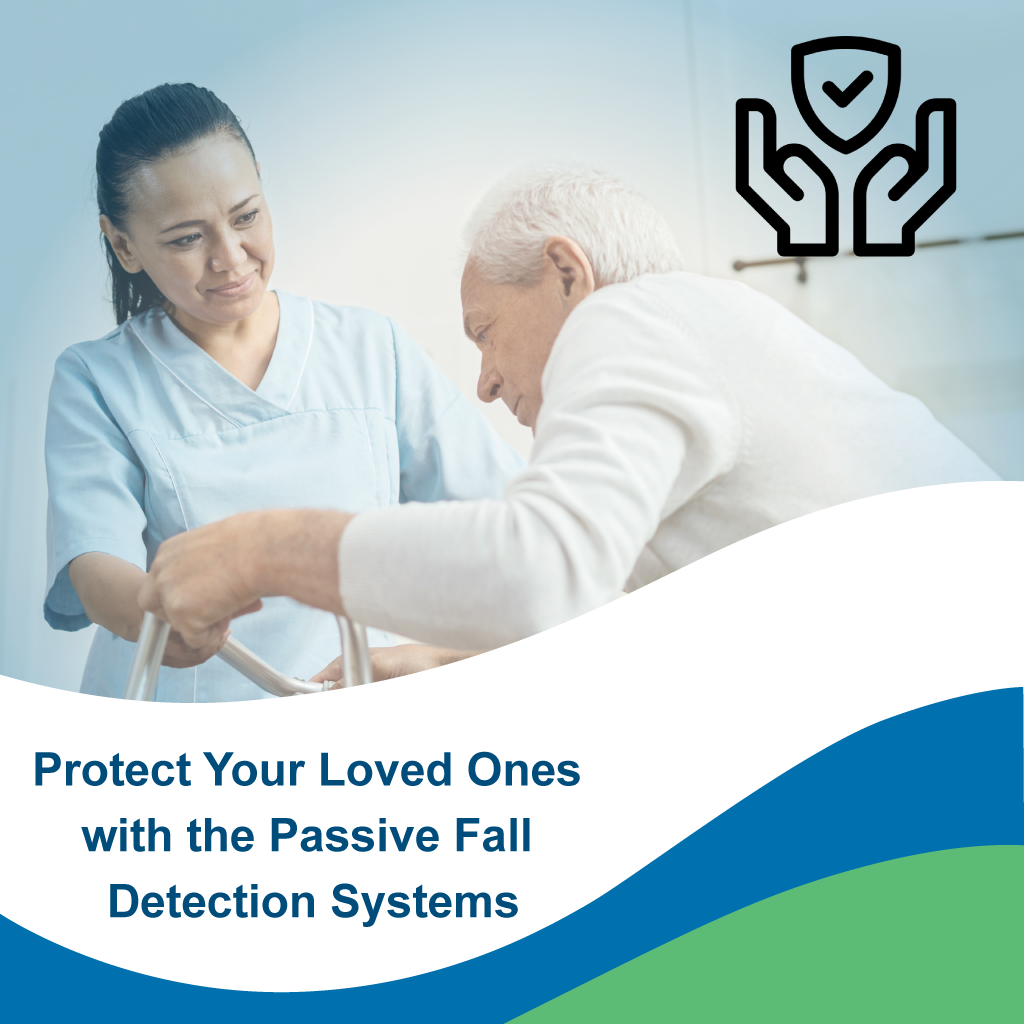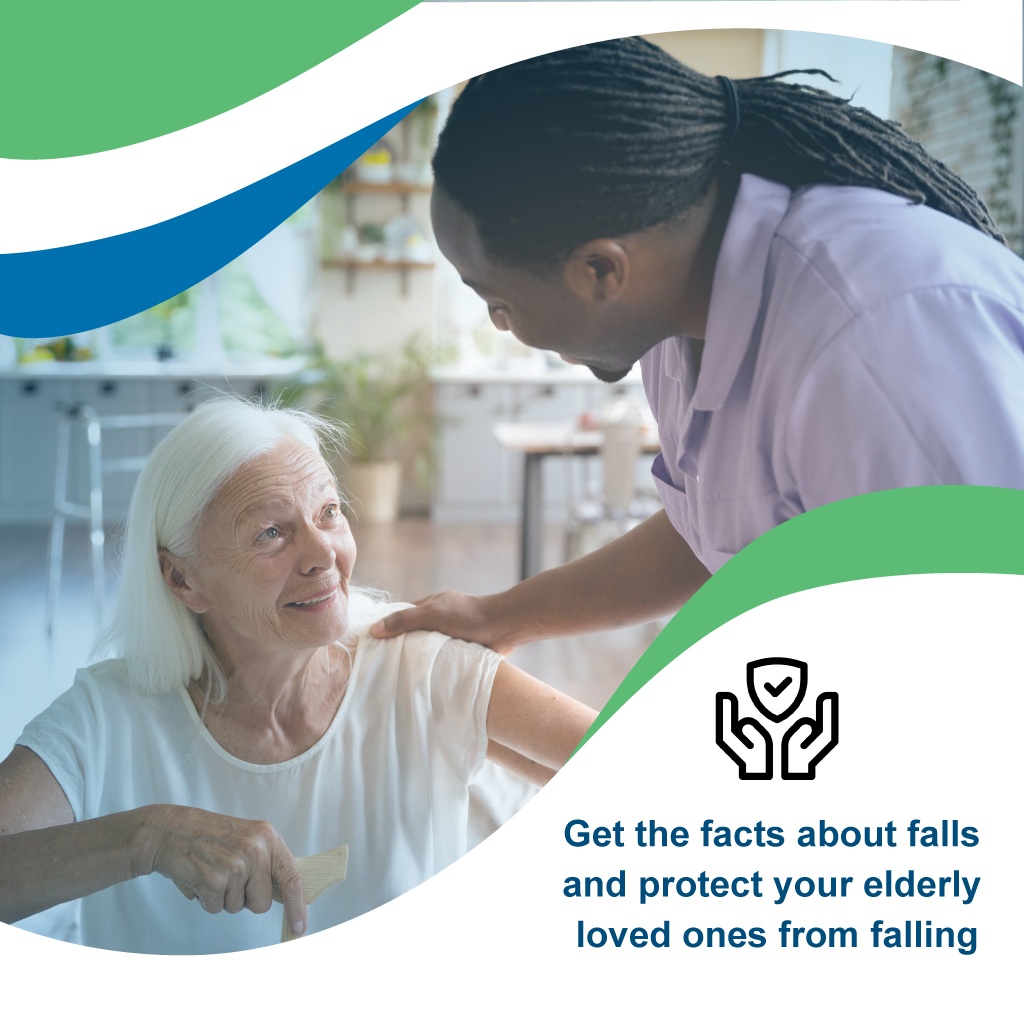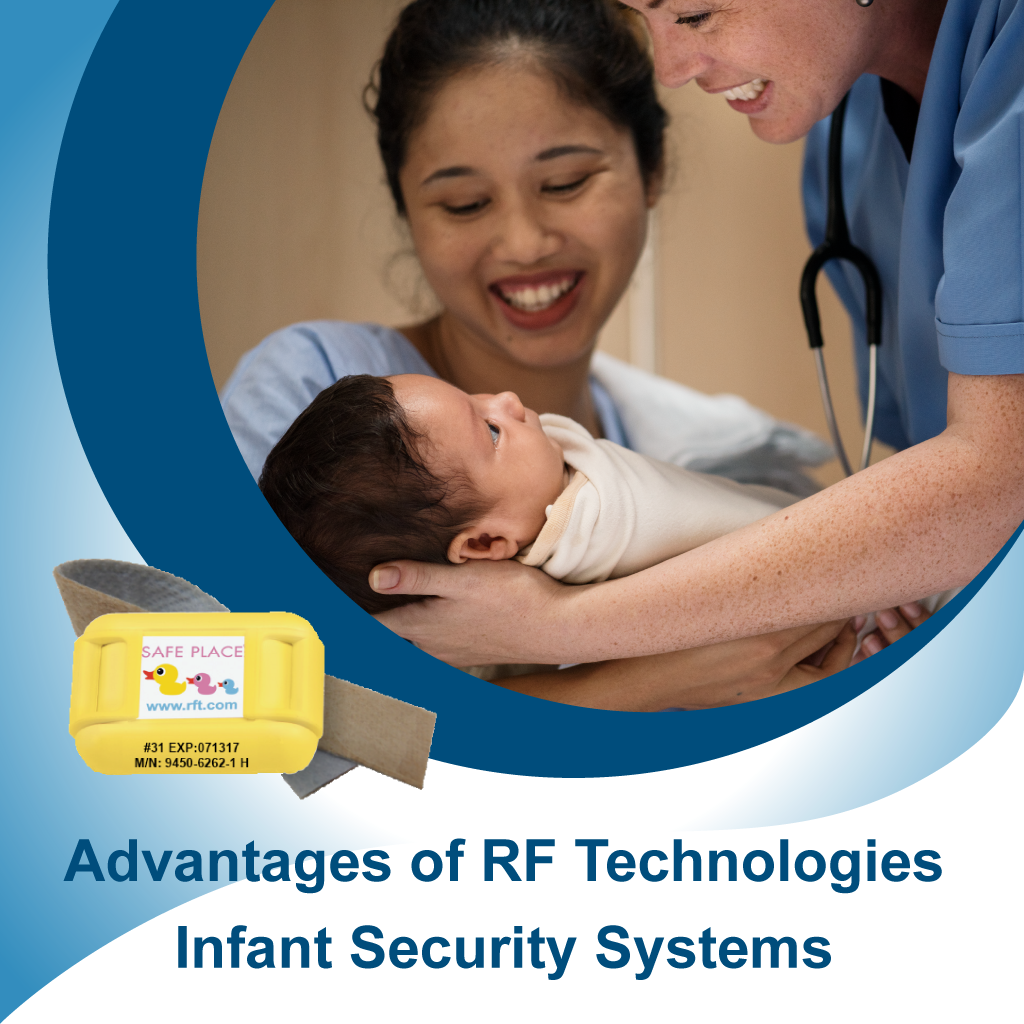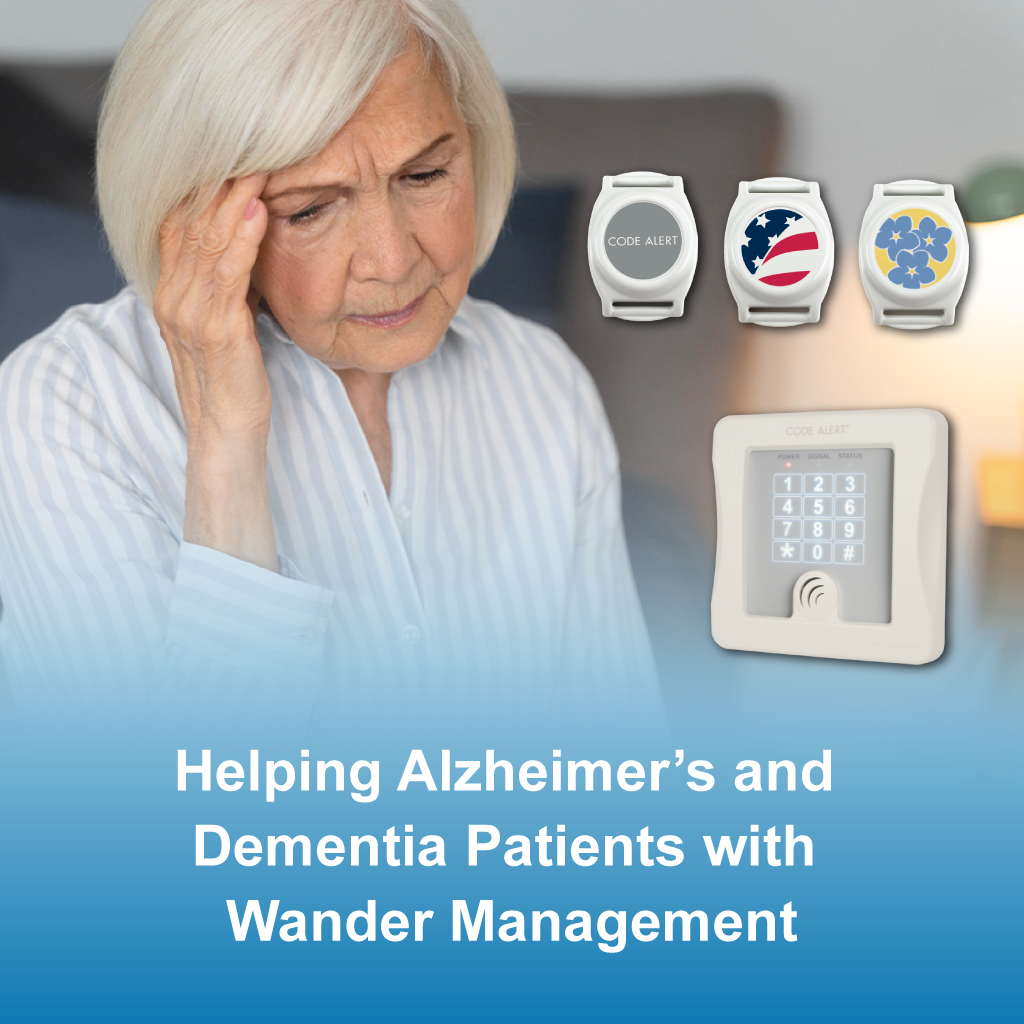Five Ways Equipment Locating Helps Improve Hospital Asset Management
Effective asset management is crucial for hospitals to operate smoothly and provide the best possible care to their patients. Medical equipment is a significant investment for hospitals, and it’s essential to know where each asset is located, its condition, and its utilization rate. Equipment locating can help improve hospital asset management in several ways. In…
Read More30 Ways to Show Kindness to a Senior
30 Ways to Show Kindness to a Senior Below you will discover 30 ways to show kindness to a senior. When was the last time you experienced a random act of kindness? Odds are the occurrence placed a lasting smile on your face. There exists an often-forgotten group who’d appreciate a kind gesture. They are…
Read MoreNavigating the Staffing Crisis: New data supports how tech can ease the burden
Navigating the staffing crisis can be a real challenge. In this blog you will learn about the problems that this can present and how to develop a plan to tackle it. It’s no secret that the caregiver shortage is a serious issue that needs to be addressed. What may not be as clear, however, is…
Read MoreMore Effective Shrinkage Control in Hospitals Using Asset Locating
How many dollars disappear out of your hospital doors in the form of inventory shrinkage? Discover the two steps for using asset locating to control inventory shrinkage in your hospital. Inventory shrinkage: It’s the difference between your documented inventory numbers and what physical inventory is truly available. As medical devices become smaller in size, more…
Read MoreHospital Asset Management – Do you have a solution in place?
RF Technologies recognizes that an asset management system serves the many needs of a hospital. We see that healthcare facilities view asset management as a way to help improve the challenges that they face, such as caregiver efficiency, routine maintenance, and optimal equipment utilization. What is Asset Management? Asset management is a systematic approach to…
Read MorePassive Fall Detection Systems: How to Protect Your Loved Ones and Preserve Their Privacy
Passive Fall Detection Systems: How to Protect Your Loved Ones and Preserve Their Privacy In this day and age, passive fall detection systems are becoming the norm for predicting and reacting to elderly falls. A fall can be an extremely alarming event for both the person who falls and the people around him or her,…
Read MoreElderly Falls: Facts and Statistics
Elderly Falls: Facts and Stats Losing one’s balance and falling, or simply misstepping, is a common hazard for the elderly. The fact is that most adults 65 years of age or older will experience a serious fall in their lifetime. Get the facts about falls in the elderly and how you can protect your loved…
Read MoreKeeping Staff Educated with Clinical Education
Keeping Staff Educated with Clinical Education What is clinical education? “Clinical education” refers to programs and formal supervised experiential learning, focused on the educational development of staff and application of patient/client-centered skills and professional behaviors. Educating your staff. Staff education is one of the most important things a hospital can do. It helps nurses and…
Read MoreInfant Security in Hospitals: How Hospitals Can Protect Infants
Over 40% of infant abductions take place in a healthcare facility, according to a nationwide data analysis by the National Center for Missing & Exploited Children between the years of 1964 and 2021. While the data supports a terrifying reality, there are many ways to ensure infant security in hospitals.
Read MoreHelping Alzheimer’s and Dementia Patients with Wander Management
Managing Alzheimer’s Patients that Wander Alzheimer’s is the leading cause of disability and poor health (morbidity) in older adults. And it is only going to get worse. Projections show that the number of people living with Alzheimer’s in the U.S. population is expected to double by 2060 to 13.8 million people aged 65+. As the…
Read More